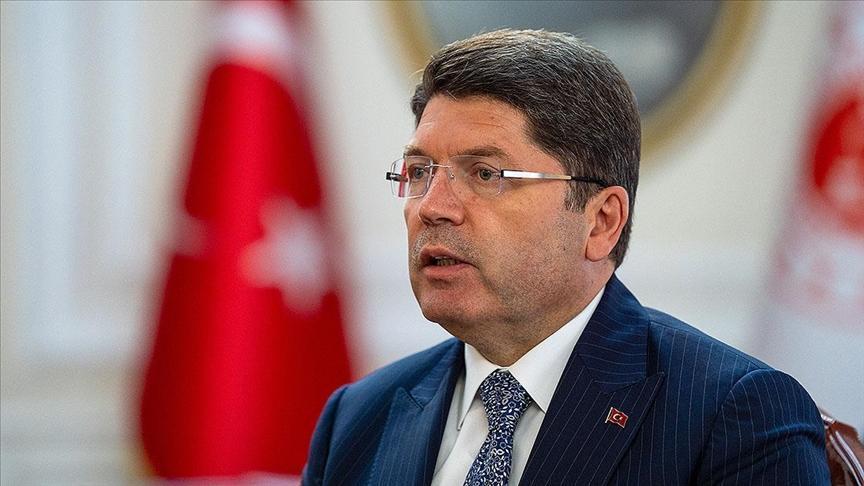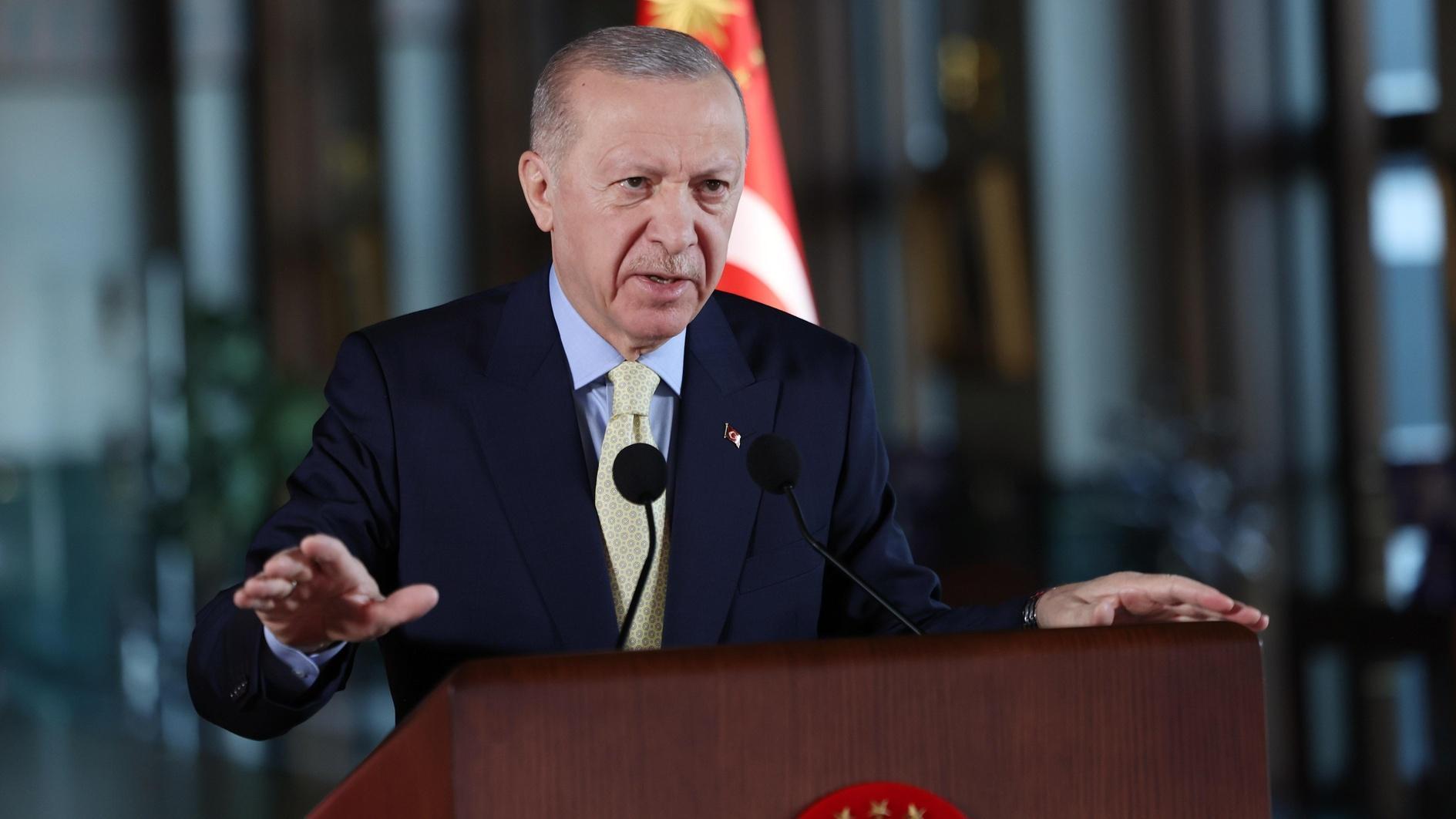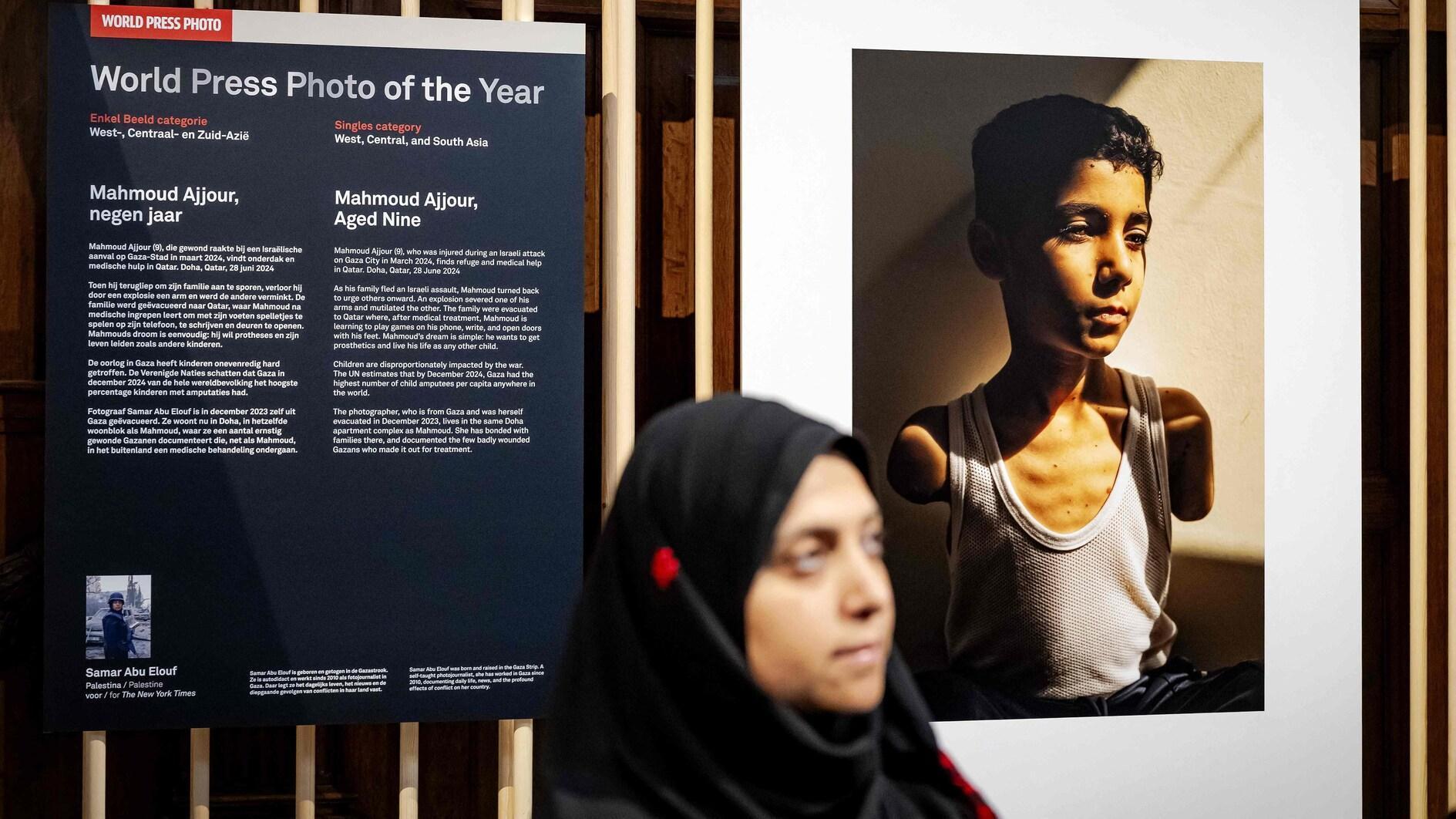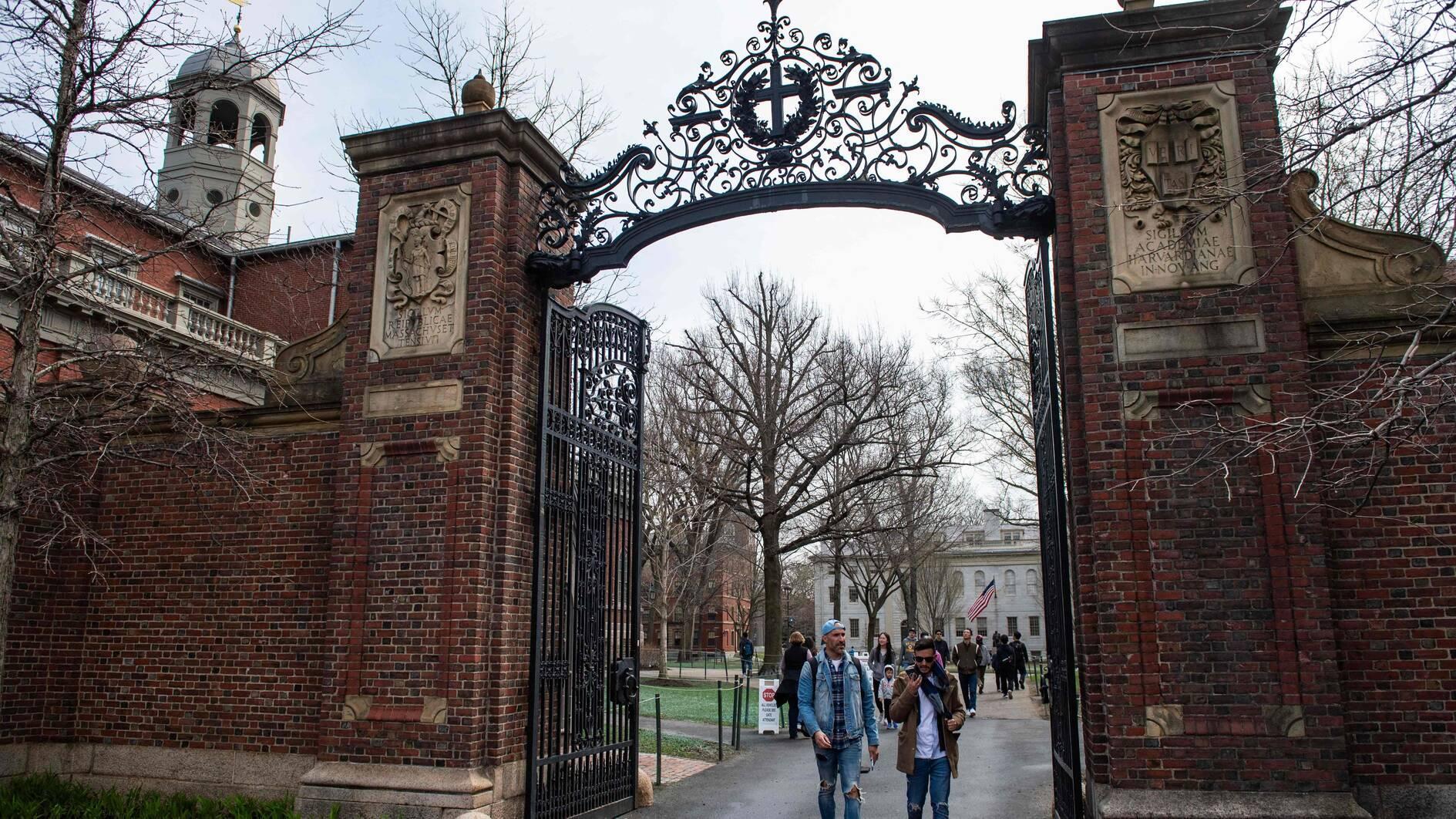Seven arrested in Gülen financial links probe in Turkey
ISTANBUL
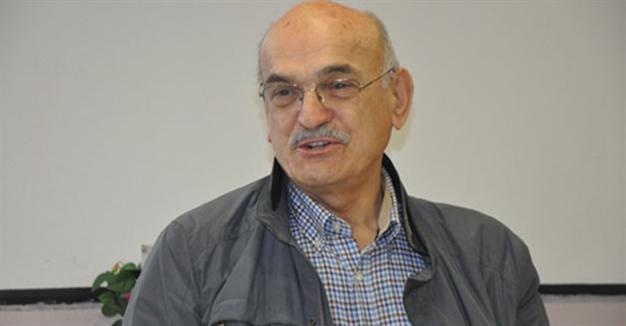 Seven people were arrested April 22 in a probe into the financial links of sympathizers of U.S.-based Islamic scholar Fethullah Gülen, including the managing member of the Dumankaya construction company, Halit Dumankaya.
Seven people were arrested April 22 in a probe into the financial links of sympathizers of U.S.-based Islamic scholar Fethullah Gülen, including the managing member of the Dumankaya construction company, Halit Dumankaya. Dumankaya and others were sent to court with a demand for their arrest over allegations of funding the Gülen movement.
“We are a family that loves the country. We wouldn’t help or protect any institution or individual that could harm our country,” Dumankaya reportedly said in his testimony, in which he denied the allegations.
Four people were also arrested on April 20, bringing the total number of arrests to 11.
“Our company that our children are managing is in the top three in terms of construction companies and among Turkey’s 500 companies. It is one of the most trusted companies in Turkey, according to the chamber of commerce’s carrier evaluation. An auditor has audited our company every day for four years,” Dumankaya said, reported Doğan News Agency.
Those arrested were among 107 people detained on April 18 in nine provinces across Turkey in a police operation centered in Istanbul. A detention order was given for 140 people, including Bank Asya employees and business leaders.
Dumankaya Construction Chairman Uğur Dumankaya, Managing Member Halit Dumankaya and board members Semih Serhat Dumankaya and Ayla Dumankaya Pirinççi were among those detained. Dumankaya board members and chairman were released on condition of judicial control.
Charges against the suspects include “being a member of the Fetullahist Terror Organization (FETÖ)/Parallel State Structure (PDY),” “providing financing for the terror group,” “making propaganda on behalf of a terror group” and “money laundering.”
Suspects detained were also charged with collecting money for Bank Asya, which was founded by followers of Gülen and seized by the government last year, and forcing people to subscribe to newspapers supportive of Gülen.
Turkish President Recep Tayyip Erdoğan and the ruling Justice and Development Party (AKP) accuse Gülen and its followers of setting up a “parallel state” and conspiring to unseat the government with a network of supporters in the judiciary, police and media.


